Unlocking the Secrets of a Quantum Time Machine:
The concept of time travel has fascinated humans for centuries, and it has been a popular theme in science fiction.
However, the question remains – is time travel even possible?
While there is currently no technology that can transport us through time, scientists have been exploring the possibilities of time travel through the use of quantum mechanics and artificial intelligence.
According to Einstein’s theory of special relativity, time’s flow depends on how fast you’re moving.
The quicker you travel, the slower seconds pass for you. This phenomenon is known as time dilation, and it has been proven through experiments with atomic clocks on airplanes and satellites.
While time dilation allows us to travel to the future, it does not allow us to travel to the past.
Theoretical physicists have proposed several models of a time machine, including the use of wormholes and black holes.
These models are based on Einstein’s theory of general relativity, which states that space and time are interconnected and can be manipulated by mass and energy.
If a stable wormhole could be created, it could theoretically be used as a portal for time travel.
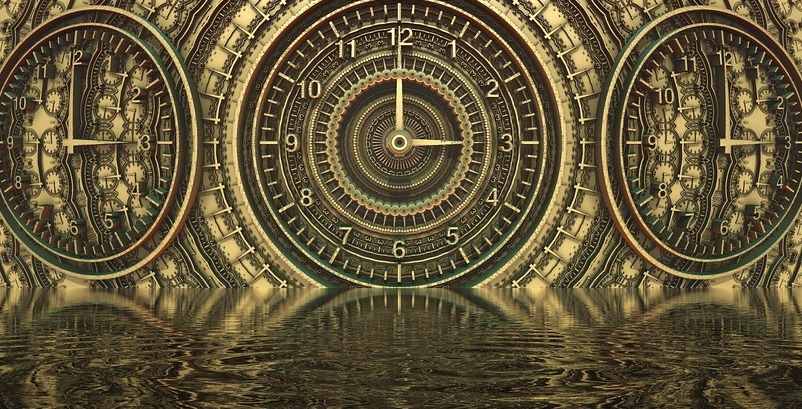
However, there are numerous challenges that must be overcome, including the enormous amount of energy required to create and stabilize a wormhole, as well as the potential for the wormhole to collapse or become unstable.
Recent advancements in artificial intelligence and quantum technology have brought us closer to unraveling the mysteries of time.
Scientists have proven mathematically that paradox-free time travel is possible, showing that the universe will self-correct to prevent any changes to the past.
However, practical time travel remains a distant dream, beset by monumental challenges in energy, ethics, and theoretical uncertainties.
While time travel remains firmly in the realm of science fiction, the study of time and space continues to be an area of active research.
It is possible that new scientific discoveries could one day lead to the development of a time machine.
Until then, we can continue to explore the possibilities of time travel through the imaginative worlds of science fiction.

what are the different theories of time travel:
There are several theories of time travel, which have been proposed by physicists, philosophers, and other experts. Some of the most notable theories include:
- The Grandfather Paradox: This paradox asks what would happen if someone went back in time and killed their younger self. According to some theories, this would result in the creation of a new, alternate timeline, while others suggest that the time traveler would simply cease to exist
- Parallel Universes: Some theories propose that time travel could involve accessing parallel universes or timelines, allowing for changes in history without impacting the traveler’s original reality
- Closed Time-like Curves (CTCs): These are spacetime loops that allow an object to return to its initial point in time. According to general relativity, CTCs have been hypothesized as a viable technique for time travel, but their existence remains unverified.
- Wormholes: These are hypothetical spacetime shortcuts that could connect two distant places, potentially allowing for time travel.
- Tipler Cylinder: Physicist Frank Tipler proposed a mechanism (sometimes known as a Tipler Cylinder) where one could travel through time by traveling endlessly in a closed cylinder, experiencing the entire history of the universe in a continuous loop.
- Cosmic Strings: Some theories suggest that could be achieved using cosmic strings, which are one-dimensional, superconducting strings that exist in a higher-dimensional space
- Quantum Entanglement: According to some ideas, quantum entanglement could permit by connecting particles across time, allowing information or objects to be sent between various points in time
- The Novikov Self-Consistency Principle: This principle suggests that any attempt to change the past will only result in occurrences that are already part of the avoiding the paradoxes.
While these theories offer intriguing possibilities, many of them face significant challenges, such as the need for immense amounts of energy or the potential for paradoxes in the time traveler’s original timeline.
As a result, time travel remains a subject of ongoing scientific research and debate.
No. 1 Famous Tourism Destinations for Sustainable and Responsible
Alagar Kovil : A Historical and Architectural Marvel in Madurai
Curious about the Best Places to Explore in Kodaikanal?
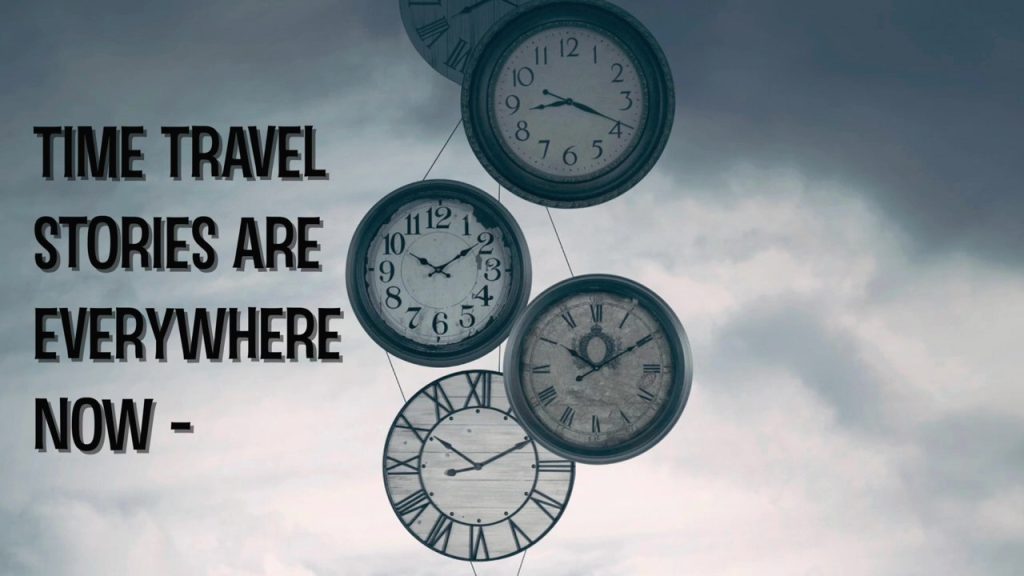

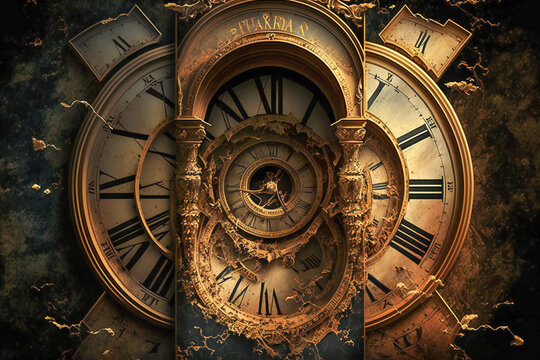


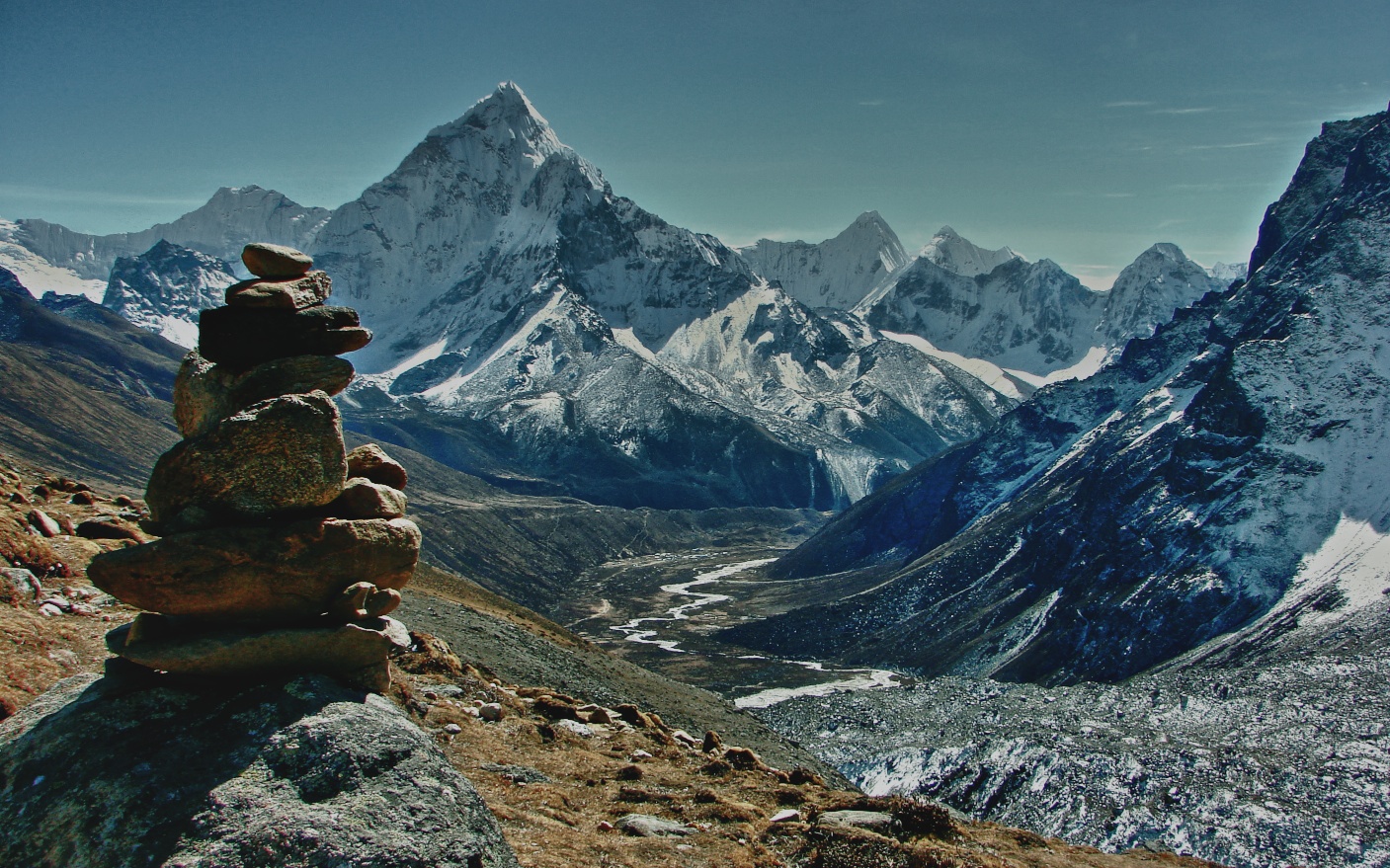
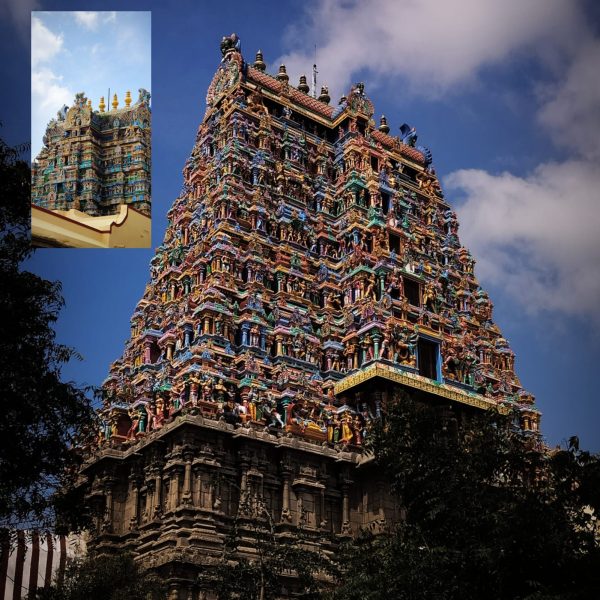



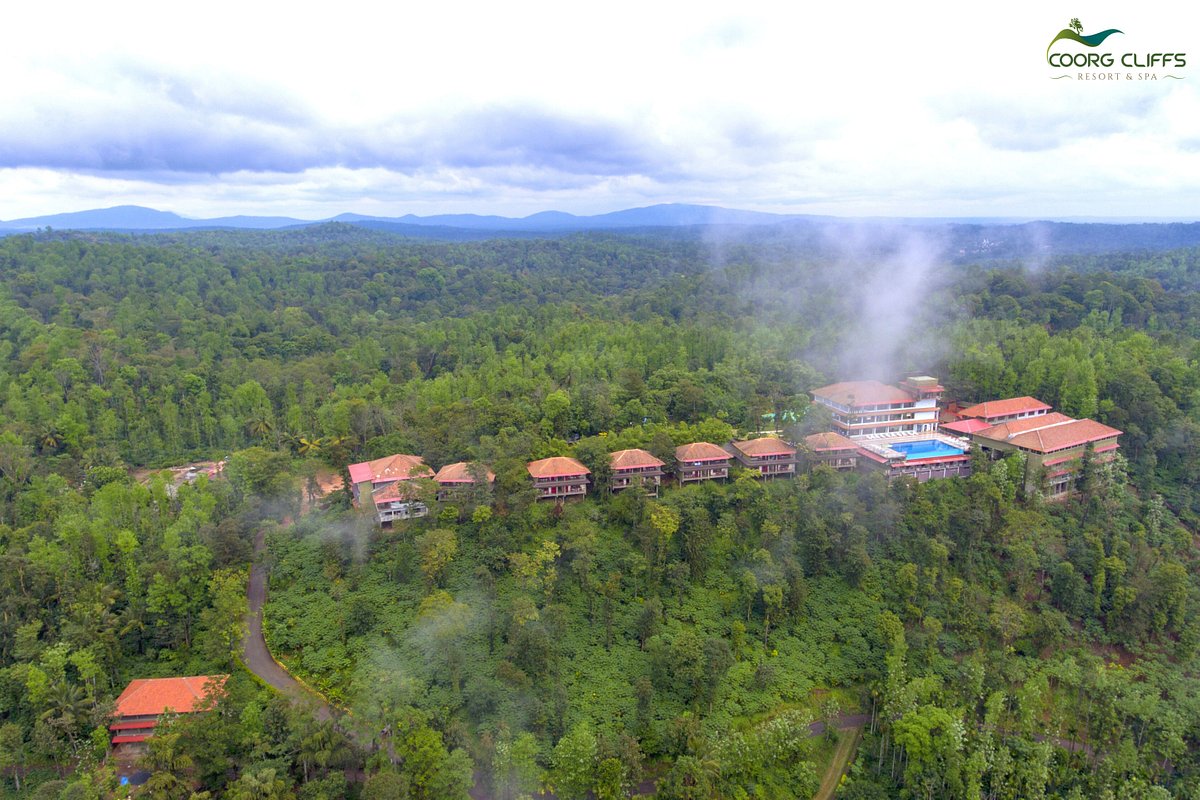

2 Comments
[…] Time Travel is Possible: Unlocking the Secrets […]
Nice blog here Also your site loads up very fast What host are you using Can I get your affiliate link to your host I wish my site loaded up as quickly as yours lol